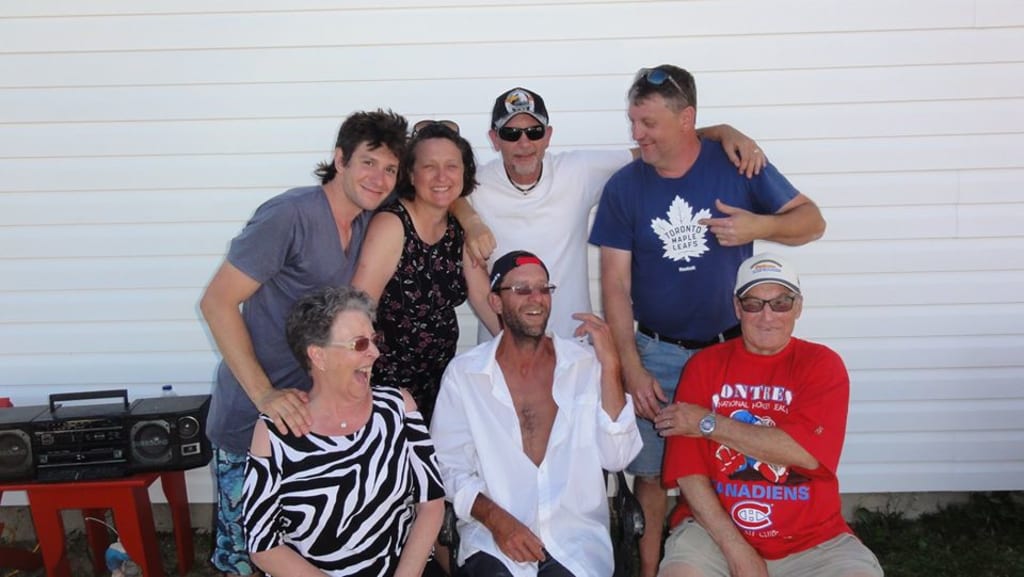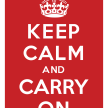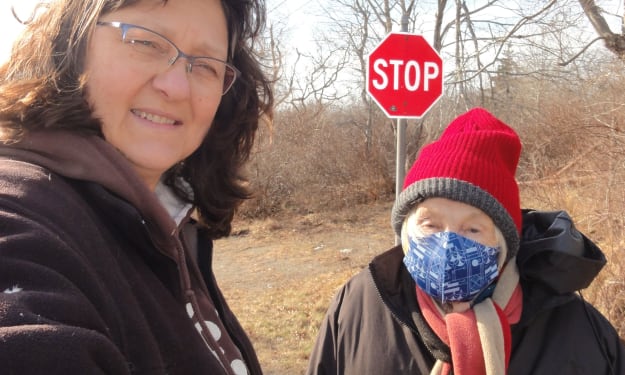
The first time I feared humanity for being a minority was in 2007.
I was in Toronto city to watch the Toronto Maple Leafs vs the Ottawa Senators. As I walked across the parking lot sporting my new Senators hockey jacket, there were clouds of smoke and open tailgates displaying a variety of beverages to lounging home team patrons, I created a wake of laughter on my way towards the bright resonating stadium. I was informed to expect that.
Once inside, I flowed with the current through the hallways. Reaching the staircase, I climbed to the upper level of my compatriot's home and by the arms of my assigned seat. Unsure of my foreign surroundings, I confirmed my exit options to safety and then searched for reassurance across the frozen water.
I yearned to be safely behind the familiar line of my visiting home team netted in among the many family members. Two tiers below me, I recalled the days when my higher financial standing ingratiated me into the ranks of the lower levels and its civilized society of sports fans. Now, being in this standing, I was cautioned to expect anything.
As the puck dropped, I was transfixed and, the time clock began to click down. Every second, my anxieties increased with the intensity of the game including, my perpetrator's disappointments, legal limits of consumption and, intimidating behaviors. Nonetheless, I was just as powerless in my reactions to a good or bad play. I knew to expect it.
My resulting fear for my safety blurred any recall of detailed events of the sixty-minute game before the final warning fog horn blew. My lasting memories are of the two eighteen-minute intermissions during which popcorn and beer rained down on me under thunderous slurs. As well as making the return swim through the swell of nudging, pushing, lunging and, screaming denied patrons. With a win under my belt, I stroked through the openings and gasped for air until I reached safety behind the locked doors of my car. I was not informed, cautioned, or knew to expect that.
Thirty-nine years of rivaling with my brothers, family, and, friends over our favorite hockey teams and players could not have prepared me. That is when everything changed. That is when I changed.
Born in 1967 and raised in a family of diversity, I grew up in a small Atlantic provincial village of Charlo, N.B. Located on a single road that stretched for ten miles along the scenic south shore of Chaleur Bay. Educated by my parents in understanding the origins and differences between Scottish Protestants, French Acadiens, and, Mig'maw First Nations was my foundation for learning the basic principles of inclusivity.
As a young girl, I recall my grandfather's face. He pointed individually at each of his ten grown children sitting around the dinner table with their spouses and said, "When you're in my house, under my roof and, there's someone at my dinner table who speaks English, we all speak English!" My aunt's and uncle's expressions were attentive and, like the rest of us sitting at the children's table, obedient to his demand.
However, all bets were off after the meal and, my father teased the remainder of the evening. "Un tête carré" was said at least once. I didn't know what it meant and, I could tell he didn't like it be he never spoke back.
I admired my dad. He converted from Protestant to Roman Catholic before asking my grandfather for my mother's hand in marriage and, educated himself in french. He was unable to converse but understood every word. In his house, under his roof, we only spoke English. However, my three brothers and I went to french school.
My awareness of segregation truly began when my inner universe expanded beyond my home through my village, province, country, and world. The opinions and feelings within my family were heard, discussed, or, debated with civility. In turn, as we grew and left home, we were individually welcomed into varying cultures. However, the further I distanced from my family roots, the smaller I felt in the world of discrimination.
A world I was now a contributing part of. It was time to grow up.
I acknowledged my actions were causing reactions and understood teasing was not contributing to a world I wanted to live in or a world void of animosity.
As I admitted my guilt, I was able to leave it in the past and atone for it.
As I witnessed the increasing variety of injustice towards individual freedom, my roots and unwavering core belief of acceptance grow stronger in their depths.
2022
A world of acceptance does exist.
In my house, a guest will have the freedom to share their lessons on being excluded and marginalized so we can all learn from it.
Under my roof, there will be no social media, only social interaction.
A world of acceptance does exist.
The end of teasing, as I knew it.






Comments
There are no comments for this story
Be the first to respond and start the conversation.